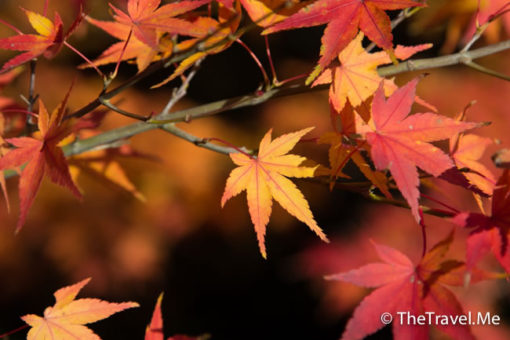
Autumn red in Kinosaki Onsen
Kinosaki Onsen (Japanese: 城崎温泉) is located in Hyōgo Prefecture (兵庫県) ,Kansai (関西) region of Japan. Besides onsen, Higashiyama-kōen (東山公園) is also worth visiting since the red leaves there are beautiful.

Kinosaki Onsen (Japanese: 城崎温泉) is located in Hyōgo Prefecture (兵庫県) ,Kansai (関西) region of Japan. Besides onsen, Higashiyama-kōen (東山公園) is also worth visiting since the red leaves there are beautiful.
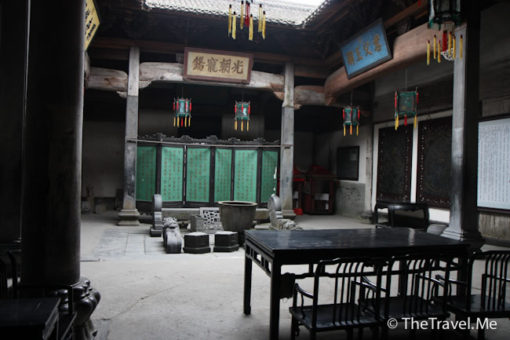
Xidi (Chinese: 西遞) is a village in the south of Anhui (安徽) province, China. The village was declared a part of the ‘Ancient Villages in Southern Anhui’ World Heritage Site by UNESCO in 2000, also a famous tourist attraction.

Xidi (Chinese: 西遞) is a village in the south of Anhui (安徽) province, China. The village was first built during the Huangyou (元祐) era (1049–1053) of Song (宋) Dynasty, the village was originally called Xichuan (West River), owing to the water courses flowing through it.

Hongcun (Chinese: 宏村) is a village in southern Anhui (安徽), China. The village was built in 1131 (Song Dynasty), the architecture and carvings dating back to the Ming (明, 1368-1644) and Qing (清, 1644-1911) Dynasties are said to be among the best of their kind in China.

Hongcun (Chinese: 宏村) is a village in southern Anhui (安徽), China. Hongcun is a popular tourist attraction due to its historical buildings and beautiful scenery. Several scenes from the film ‘Crouching Tiger, Hidden Dragon’ (臥虎藏龍) were filmed in Hongcun.

Hongcun (Chinese: 宏村) is a village in southern Anhui (安徽), China, near the southwest slope of Mount Huangshan (黃山). Hongcun is a beautiful historical village, it was listed as a UNESCO World Heritage Site in 2000.
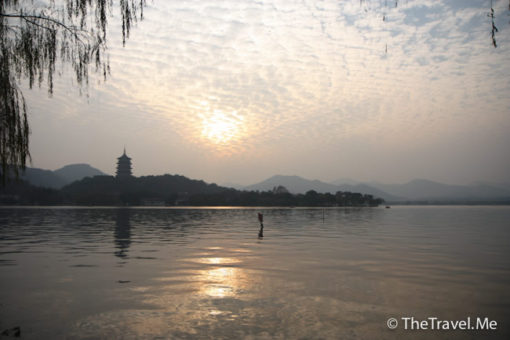
West Lake (Chinese: 西湖) is a freshwater lake in Hangzhou (杭州), Zhejiang (浙江) China. West Lake is the most popular lake in China, the scenery is everywhere, Choumeizai is so glad to see a beautiful sunset in West Lake during winter.
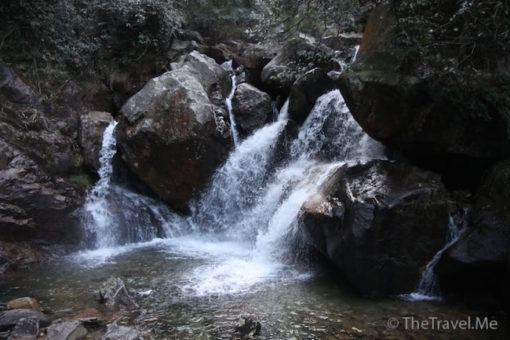
Mangshan (Chinese: 莽山) is located in the south of Chenzhou (郴州) Hunan (湖南), China. Mangshan still preserves around 6,000 square kilometers of forest, if you want to enjoy the purity of Mangshan’s forest, Monkey Foothold (猴王寨) is an ideal location.
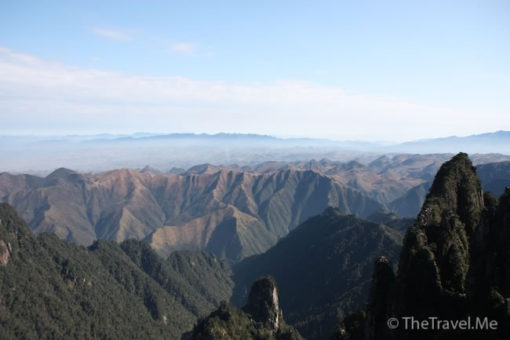
Mangshan (Chinese: 莽山) is a national park located in the south of Chenzhou (郴州) Hunan (湖南), China. Mangshan is the biggest national park in southern China and Hunan, it still preserves around 6,000 square kilometers of forest.
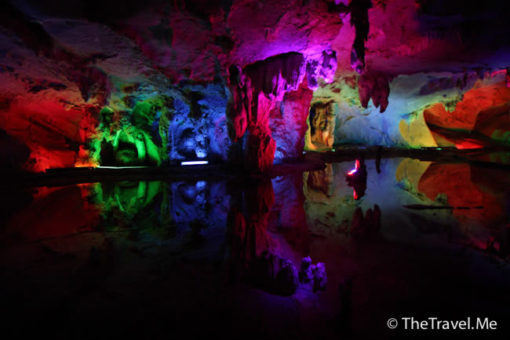
Lianzhou Underground River (Chinese: 連州地下河) is a typical subtropical karst cave in Lianzhou (連州), Guangdong (廣東), China. Since the cave mouth of Lianzhou Underground River is so big, it is also nicknamed ‘Big mouth cave’.
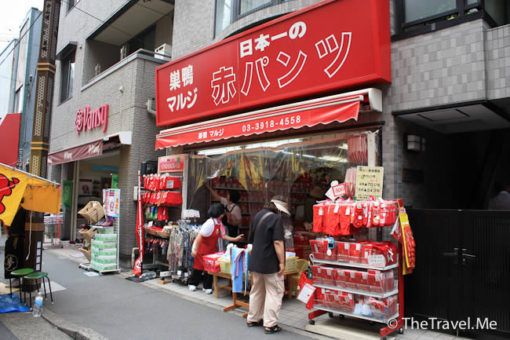
Sugamo (Japanese: 巣鴨) is a neighborhood in Toshima (豐島), Tokyo, Japan. Jizō-dōri (地蔵通り), a shopping street in Sugamo, is popular among the older generation, earning it the nickname ‘Granny's Harajuku.’
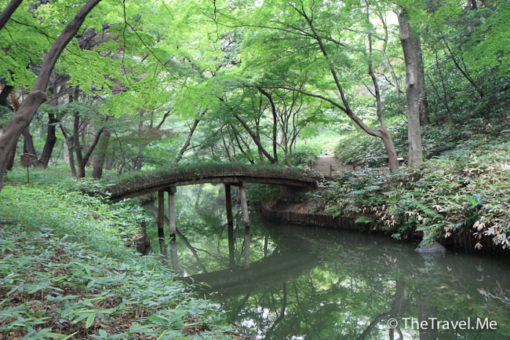
Rikugi-en (Japanese: 六義園) are a Tokyo metropolitan park in Bunkyō-ku (文京区). The name Rikugi-en means Garden of the Six Principles, referring to the six elements in waka poetry, based on the traditional division of Chinese poetry into six categories.

Kyū-Furukawa Garden (Japanese: 旧古河庭園) is a metropolitan park in Nishigahara (西原), Tokyo, Japan. The park includes an old western-style mansion with a rose garden, and a Japanese garden which were built in the early 20th century.

Zhuji Lane (Chinese:珠璣巷) is located in Nanxiong (南雄), Guangdong (廣東), China. Zhuji Lane has been a main commercial town since Tang Dynasty (唐; 618 to 907), it was the hub of the people of the central plains of China who migrated to Guandong.
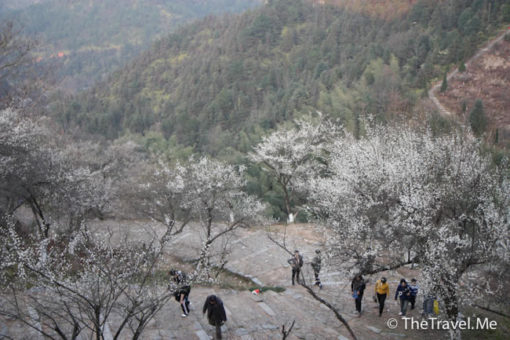
Mei Pass (Chinese: 梅關; literally 'Plum Pass') is a strategic site around 30 kilometres north of Nanxiong (南雄) in Guangdong (廣東), China. It is situated in the Meiling Mountains (梅嶺) and forms the boundary between the provinces of Jiangxi (江西) and Guangdong.
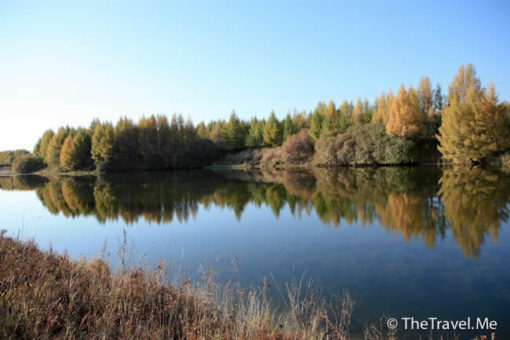
Saihanba (Chinese: 塞罕壩) is a national forest park located in Chengde, Hebei, China, with Inner Mongolian Plateau standing in the northwest. Saihanba is part of Bashang (壩上) geographically, it attracts many tourists due to its beautiful scenery.
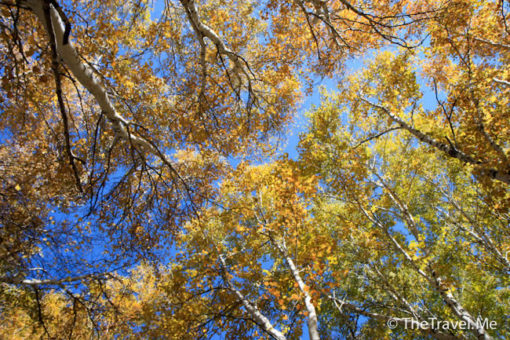
Ulan Butung (Mongolian: ᠤᠯᠠᠭᠠᠨ ᠪᠤᠲᠤᠩ; Chinese: 烏蘭布統) is a sumu in Chifeng (赤峰), Inner Mongolia, China. Sumu (ᠰᠤᠮᠤ) is a type of administrative district used in Mongolia. The white birch forest is one of the popular tourist attractions in Ulan Butung.

Ulan Butung (Mongolian: ᠤᠯᠠᠭᠠᠨ ᠪᠤᠲᠤᠩ; Chinese: 烏蘭布統) is located in Chifeng (赤峰), Inner Mongolia, China. The majority of the population in Ulan Butung are Mongols, Mongol is a nomadic tribe, herding is the most common scene.
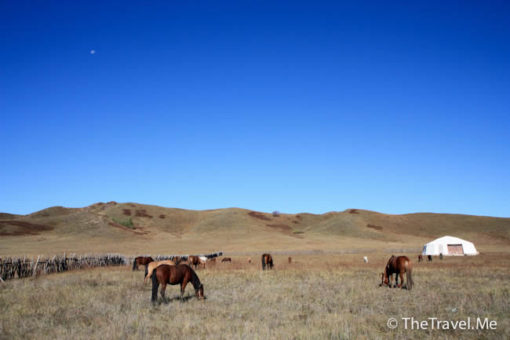
Ulan Butung (Mongolian: ᠤᠯᠠᠭᠠᠨ ᠪᠤᠲᠤᠩ; Chinese: 烏蘭布統) is located in Chifeng (赤峰), Inner Mongolia, China. In 1690 the Battle of Ulan Butung between Qing and Dzungar forces took place in Ulan Butung, there was blood behind such an idyllic scene.
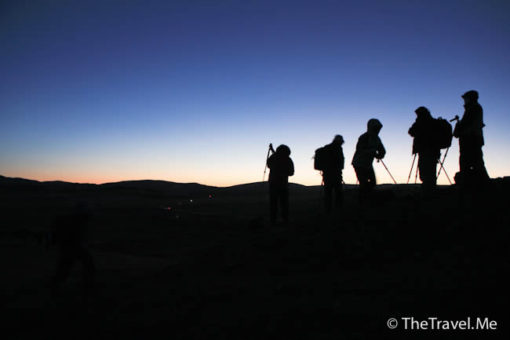
Ulan Butung (Mongolian: ᠤᠯᠠᠭᠠᠨ ᠪᠤᠲᠤᠩ; Chinese: 烏蘭布統) is a sumu (ᠰᠤᠮᠤ) of Inner Mongolia, China. In Mongolian, ‘Ulan’ means ‘red’, while ‘Butung’ means ‘altar’, so Ulan Butung actually means ‘red altar’.